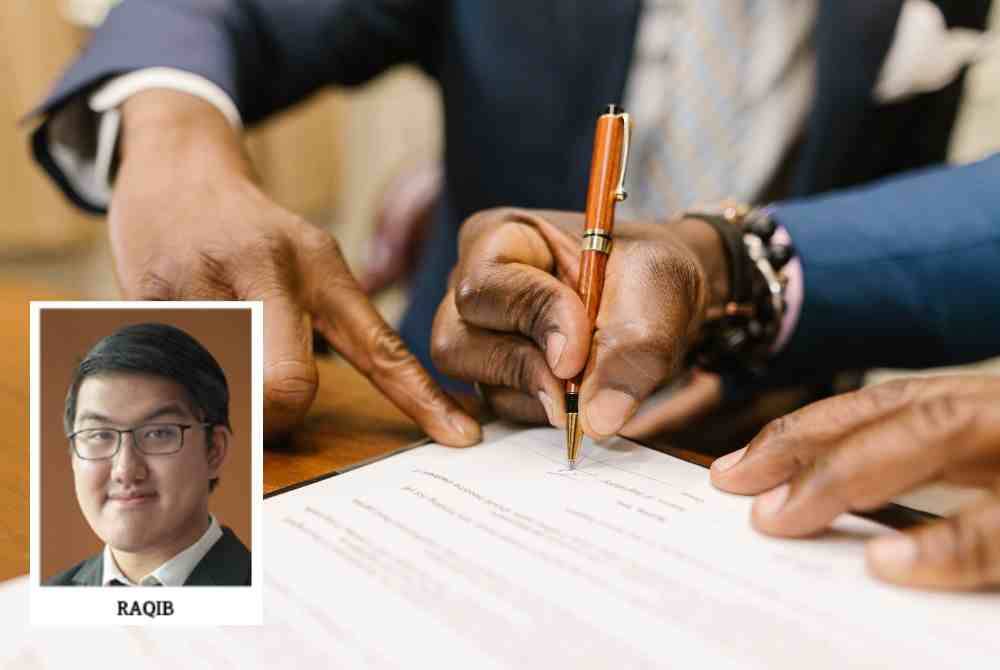Forgery of landowner signatures a growing concern
Fraudsters often trick landowners into signing Form 14A, claiming it was for land taxes or other unrelated matters.
AHMAD ISMADI ISMAIL IZWAN ROZLIN
KUALA LUMPUR – Negligence in verifying documents before signing has led to many landowners being deceived into losing their property to third parties.
Lawyer Raqib Osman highlighted that cases of fraud involving living landowners were getting increasingly common, as they were more susceptible to manipulation.
He said fraudsters often trick landowners into signing Form 14A, claiming it was for land taxes or other unrelated matters.
“Majority of forgery cases involve living owners because official records show them as still alive, reducing suspicion over the validity of their signatures.
“In contrast, transferring ownership for deceased owners is more complicated as the land office requires a probate or letters of administration before proceeding with the transfer,” he said.
Raqib advised landowners to conduct private searches at the land office to verify the status of their property, especially if they suspected fraud.
“If the ownership has already changed, filing a private caveat under Section 323 of the National Land Code should be done immediately.
“This is essential to prevent further transactions on the land, as failure to act promptly could result in the property being sold to a third party, complicating recovery efforts in court,” he said.
He added that legal recourse is the next step for victims, as fraudulent transfers could be challenged under Section 340(2) of the National Land Code.
“However, the legal process can take up to two years to resolve,” Raqib said.
Citing a high-profile case, he mentioned the Adorna Properties Sdn Bhd v Boonsom Boonyanit case in 2001, where a fraudster impersonated the original owner to sell land in Penang to a third party.
“Although Boonsom succeeded at the Court of Appeal, the Federal Court ruled that Adorna Properties, as a bona fide purchaser, was entitled to the land.
“This controversial decision sparked debates about weaknesses in the legal system governing land transactions,” he said.
Digitalisation in land management to enhance security
On another note, lawyer and Malaysian Real Estate Lawyers Association (Hartaguam) president Datuk Nazri Mustafa said that integrating technology into land management processes could significantly enhance efficiency and productivity.
However, he emphasised that it must be handled with utmost integrity since the system contained sensitive data.
“Once ownership is updated in the computerised system, all processes become faster and easier. E-land searches, tax payments, and other crucial information are now more accessible.
“At the same time, operators must prevent the disclosure of information to unauthorised parties and ensure data entry is accurate and complete.
“For example, errors in spelling names or identification details must be corrected to avoid future complications,” he said.
Nazri stressed that technology integration allowed several processes, such as transfer applications and tax payments, to be conducted online, expediting property transactions and ensuring data security.
He added that additional security layers, such as biometric verification, had been introduced for property transactions above a certain value.
“The land office has implemented various measures to reduce fraud in property transactions, including introducing the e-Tanah system.
“However, as this system is operated by humans, personnel managing it must carry out their duties with full integrity and refrain from exploiting vulnerabilities in the registration system,” he said.
Download Sinar Daily application.Click Here!














